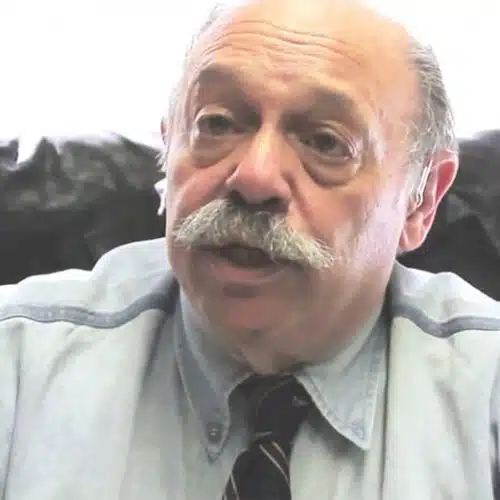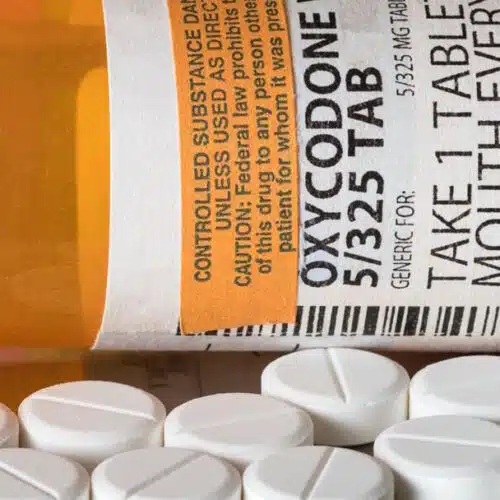Jay Nixon could claim to be the most merciful chief executive in Missouri’s recent history.
In the past three decades, no Missouri governor has issued more pardons than Nixon’s 106. Nixon Commutes Sentence of Former College Student Doing 15 Years for Dealing Weed
Nixon commuted the sentences of just four people doing actual time in prison, and two of them were death row inmates who were spared execution but will remain in prison for life. Any legacy of mercy, then, rests almost solely his decision to take action in the face of the lengthy sentences given to two convicted pot dealers.
Pardons
“Most people would not be in prison for this crime,” says Kay Parish, Nichols’ attorney. “He was a college student who basically smoked a little bit of marijuana. It’s very easy to go from smoking a little bit to selling a little bit.”
Jordan Nichols Case
Parish isn’t just artfully downplaying her client’s record: Nichols, a Michigan native enrolled in Missouri Valley College, was arrested in 2012 after selling just $80 worth of pot to a police informant over the course of four separate buys. Nichol’s weed was packaged inside the ripped-off corners of small plastic bags, meaning he was selling his stash one gram at a time.
According to a probable cause report, Nichols had previously been busted for a DWI and possession of less than 35 grams of marijuana in a nearby county. However, at the time of his arrest, Nichols had the misfortune of renting an apartment located less than 2,000 feet from Missouri Valley College’s main campus. So, instead of being charged with a Class C felony for distributing under 35 grams of marijuana (which at the time carried a maximum of seven years in prison), Nichols’ proximity to his own college resulted in a conviction on four counts of distributing a controlled substance near schools, a Class A felony carrying a maximum punishment of 30 years to life.
Still, as a first-time felon, Nichols wasn’t sent to prison, at least not right away. Instead of a fifteen-year sentence, a judge slapped him with five years of probation.
Having been expelled from Missouri Valley College, Nichols returned to Michigan, but over the next three years he twice tested positive for weed. According to a prosecutor’s motion to revoke probation, Nichols also failed to complete his community service or pay probation fees.
In June 2015, the Randolph County Circuit Court determined that Nichols was guilty of “unexcused and unjustified violation of a substantial condition” of his probation. With probation officially revoked, Nichols was sentenced to serve the full fifteen-year sentence. Even if he behaved himself in prison, he was probably looking at at least a decade in prison before he’d have any chance to make parole.
Again, that was fifteen years in prison for selling $80 worth of weed. To adults.
“It struck me as a big waste of both Missouri taxpayers’ money and this kid’s life to spend any more time in prison,” Parish says. She began lobbying the governor’s office on behalf of Nichols in early 2016.
Parish was thrilled by the governor’s action on his final day in his office. And she notes that the law Nichols was convicted under was unduly harsh: It made no distinction between selling a few grams of weed to college students and slinging meth on a kindergarten playground.
In fact, that very law was repealed as part of the sweeping criminal code reform that went into effect January 1. Had Nichols been arrested for the same crime today — distributing less than 35 grams of marijuana — he would face a maximum punishment of four years in prison.
And Nixon’s commutation isn’t an immediate get-out-of-jail card: Like Mizanskey, Nichols must still appear before a parole board and make his case. But at least he’ll get that opportunity.
Nichols’ case is an outlier among Nixon’s 110 acts of clemency. As we’ve previously noted, Nixon overwhelmingly directed his clemency powers to pardon Missourians for minor crimes committed many decades ago, in some cases as far as back as the 1950s and 1960s. Few among the pardoned had ever served prison sentences.
Nixon’s staff — presumably busy packing up their desks on their final day in office last week — did not respond to questions about Nichols’ case. But Parish, for one, praised the governor.
“I do think Jordan’s case was somewhat unique,” Parish says. “I think Governor Nixon saw a case where he was being asked to do what was right, and he did something. It was the right thing to do.”
From: The Riverfront Times


